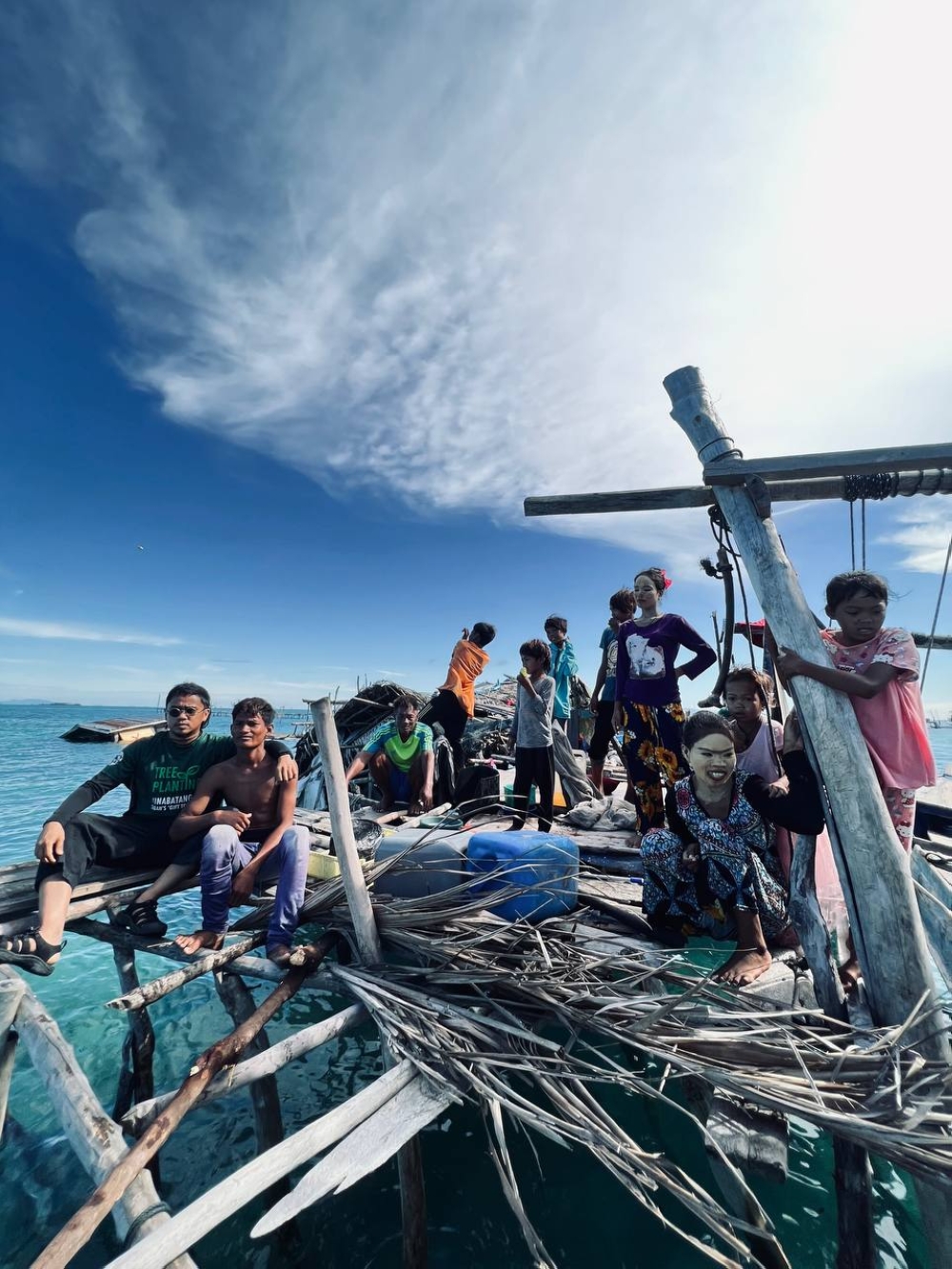KUALA LUMPUR, July 22 — The Bajau Laut who traverse the Sulu, Celebes and Sulawesi Seas are not the only nomadic water tribes in South-east Asia that are a conundrum to sovereign nations in the 21st-century.
While Malaysia wavers over the dilemma, its neighbours Thailand, Myanmar and Indonesia have taken action to resolve these stateless sea-gipsies, according to Iskul Sama diLaut Omadal (Iskul), a long-time human rights advocate for the indigenous community.
The Sabah-based non-governmental organisation highlighted examples from Indonesia and Thailand, where similar communities have been integrated successfully.
Here’s what Iskul said:
“The Bajau Laut community are locals of the Sulu and Sulawesi seas whose ancestors have navigated these waters with accounts of their existence dating as far back to the 19th century.”
In Indonesia, the Bajau Laut can gain citizenship by proving they have a land-based domain and are widely accepted as citizens.
In 2018, the Indonesian government set up the National Agrarian Reform Team and Task Force to help prevent land grab and illegal housing issues by offering land certificates to the community.
Thailand and Myanmar have the Moken, another nomadic seafaring group originally from south China who now reside on islands and mainland villages in the Andaman Sea.
The then Burmese government enacted a Citizenship Act in 1982 and provided national identity cards to several Moken leaders who oversaw small communities on islands near Mergui port in the nation’s south.
These identity cards primarily served as travel permits and enabled the Moken leaders’ flotillas to navigate freely.
But the government has since been inconsistent in issuing identity cards to the Moken following a change in regime and the country’s name to Myanmar.
Moken and other stateless individuals in Myanmar must now seek government permission to travel outside their residential district and cannot legally work without a permit.
Consequently, they often resort to informal sector employment, facing substandard wages and working conditions.
As stateless people, the Moken are excluded from national healthcare and welfare benefits.

Malaysia had issued national identity cards recognising sea nomads as citizens back in the 1980s and 1990s, which remains a point of contention till today.
A Royal Commission of Inquiry (RCI) in 2012 revealed that corrupt officials but not political parties, were at fault in the Project IC scandal that granted citizenship to illegal immigrants.
Recent calls from Sabah Deputy Chief Minister Datuk Seri Jeffrey Kitingan and Semporna MP Datuk Seri Shafie Apdal – who traces his ancestry to the community – to grant the Bajau Laut Malaysian citizenship have revived public debate.



















